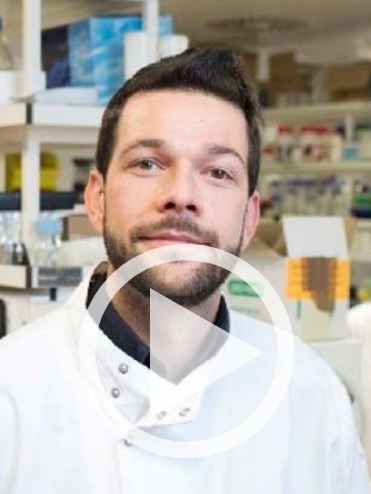Your basket is currently empty!
Pre-existing polymerase-specific T cells expand in abortive seronegative SARS-CoV-2 infection

Individuals with potential exposure to SARS-CoV-2 do not necessarily develop PCR or antibody positivity, suggesting that some individuals may clear subclinical infection before seroconversion. T cells can contribute to the rapid clearance of SARS-CoV-2 and other coronavirus infections. We measured SARS-CoV-2-reactive T cells, including those against the early transcribed replication–transcription complex (RTC), in intensively monitored healthcare workers (HCWs) who tested repeatedly negative by PCR, antibody binding and neutralization assays (seronegative HCWs (SN-HCWs)). SN-HCWs had stronger, more multispecific memory T cells compared with a cohort of unexposed individuals (prepandemic cohort), and these cells were more frequently directed against the RTC than the structural-protein-dominated responses observed after detectable infection (matched concurrent cohort). SN-HCWs with the strongest RTC-specific T cells had an increase in IFI27, a robust early innate signature of SARS-CoV-2, suggesting abortive infection. RNA polymerase within RTC was the largest region of high sequence conservation across human seasonal coronaviruses (HCoV) and SARS-CoV-2 clades. RNA polymerase was preferentially targeted (among the regions tested) by T cells from prepandemic cohorts and SN-HCWs. RTC-epitope-specific T cells that cross-recognized HCoV variants were identified in SN-HCWs. Enriched pre-existing RNA-polymerase-specific T cells expanded in vivo to preferentially accumulate in the memory response after putative abortive compared to overt SARS-CoV-2 infection. Our data highlight RTC-specific T cells as targets for vaccines against endemic and emerging Coronaviridae.
Dr. Leo Swadling is a research fellow within the division of infection and immunity at UCL. His research focuses on identifying T cell correlates of protection by applying emerging technologies and bioinformatics to the characterisation of T cells at the extremes of controlled or uncontrolled viral infection and post-vaccination. He is funded by the Medical Research Foundation to probe the link between specificity and function of liver-resident memory T-cells in resolved HBV infection and a Rosetree trust/Pears foundation Advancement fellowship to continue his work investigating T cell correlates of protection in abortive versus seropositive SARS-CoV-2 infection.
